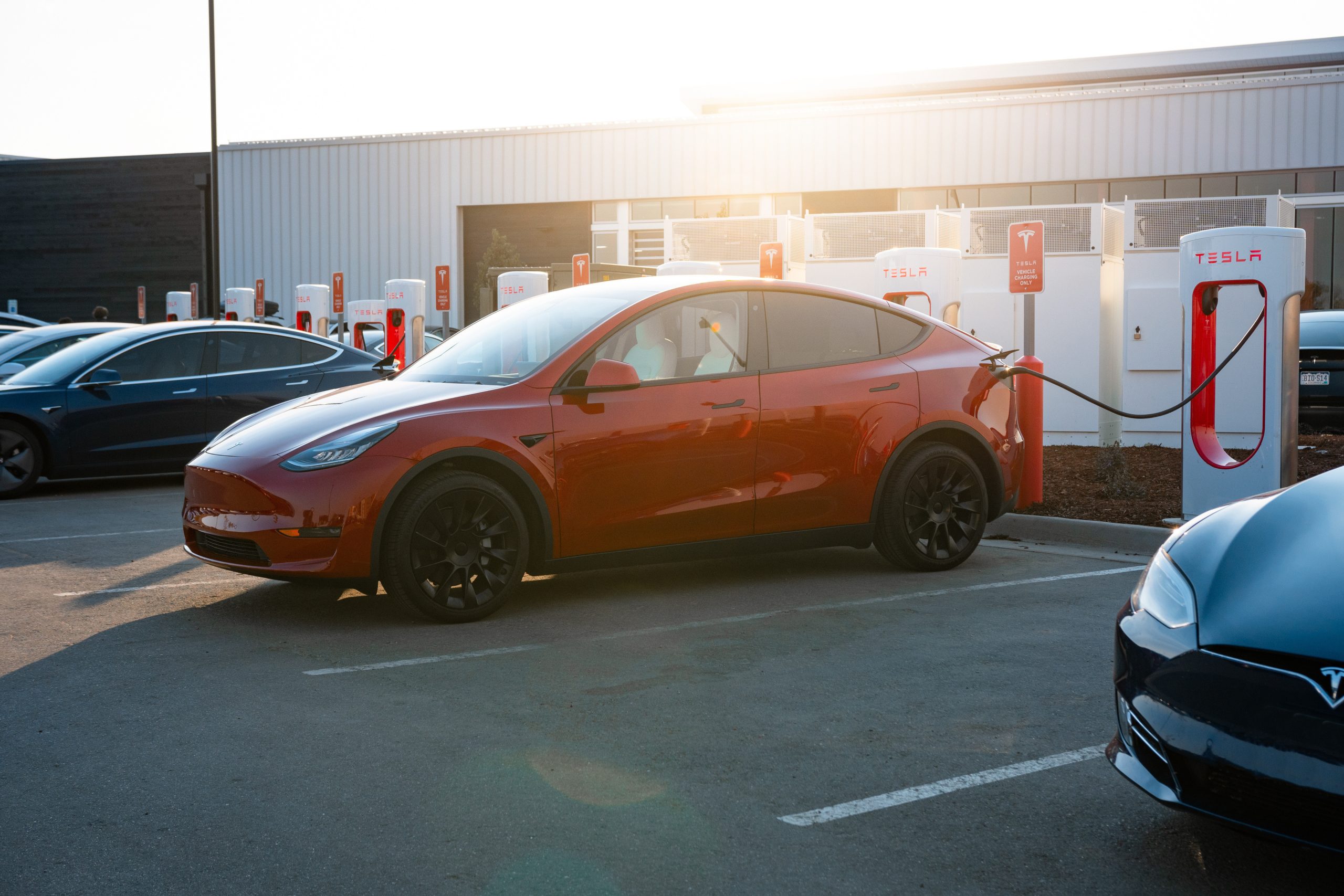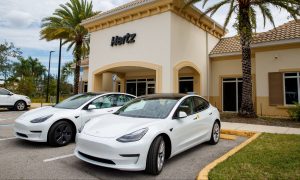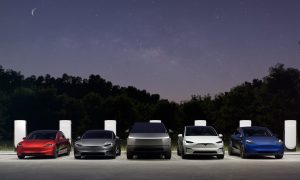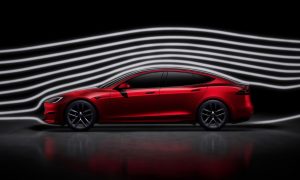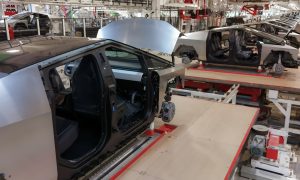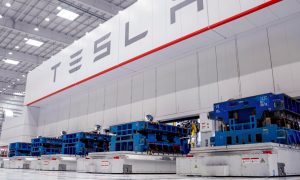A U.S. appeals court has sided with the Environmental Protection Agency (EPA), after the agency moved to offer California a waiver that would let it create its own electric vehicle (EV) adoption and tailpipe emissions rules.
After a group of 17 Republican-run states filed a legal challenge against the EPA decision, a three-judge panel overseeing the U.S. Court of Appeals for the District of Columbia has rejected the legal challenge, according to a report from Automotive News.
In 2022, the EPA renewed the state’s capacity to make its own rules surrounding the sale of zero-emission vehicles and limitations on tailpipe emissions. The move, which occurred under President Joe Biden, changed the course of a 2019 decision made by the Trump administration. In the EPA also reinstated a 2013 waiver of an early California zero-emission vehicle standard under the Clean Air Act, after the first waiver was issued in 1993.
U.S. congressman urges Pres. Biden to end EV transition goals
According to Republicans who backed the legal challenge, the rules offer California unconstitutional regulatory power, which they claim is not available to other states.
Later in 2022, California also became the first U.S. state to officially ban the sale of new gas vehicles starting in 2035. Since then, a number of other states have followed, including Washington, Oregon, New Jersey and New York, among others still.
The California Air Resources Board (CARB), which was responsible for the gas car sales ban, also set annually increasing mandates phasing out the sale of combustion engines, set to begin in 2026. CARB also requested in 2022 that the EPA approve another waiver for the Clean Air Act for the upcoming phase-out.
In 2023, California comprised about a third of all battery-electric vehicle (BEV) sales in the U.S., with Tesla being the dominant BEV seller.
The EPA also finalized new emissions limits last month featuring softened rules through 2032. Under the old rules, automakers would have been required to make more than 60 percent of their sales EVs or plugins by 2030, and 68 by 2032. Instead, the new rules require that automakers make 50 percent of their sales plugins or EVs by 2030.
What are your thoughts? Let me know at zach@teslarati.com, find me on X at @zacharyvisconti, or send us tips at tips@teslarati.com.

